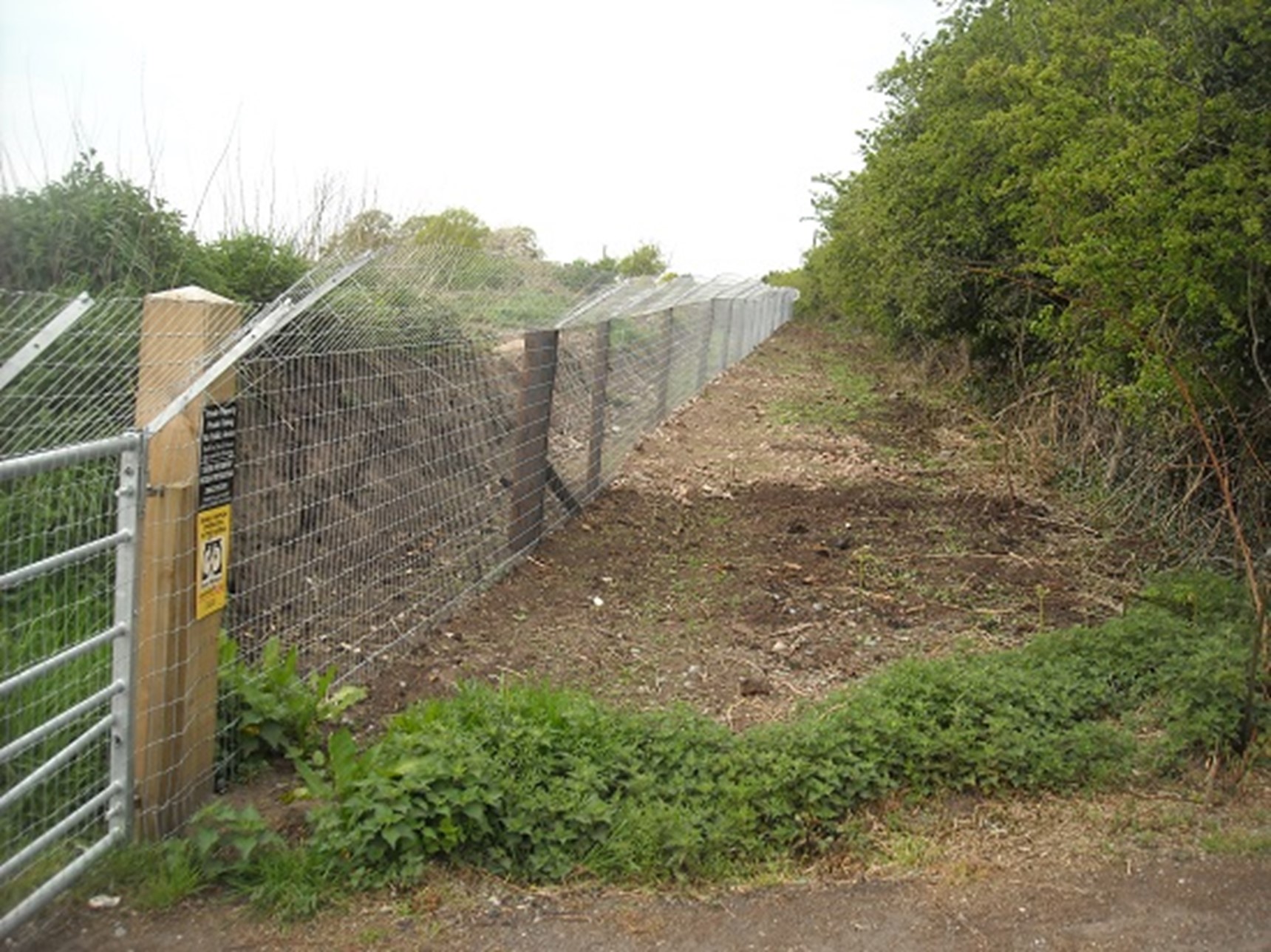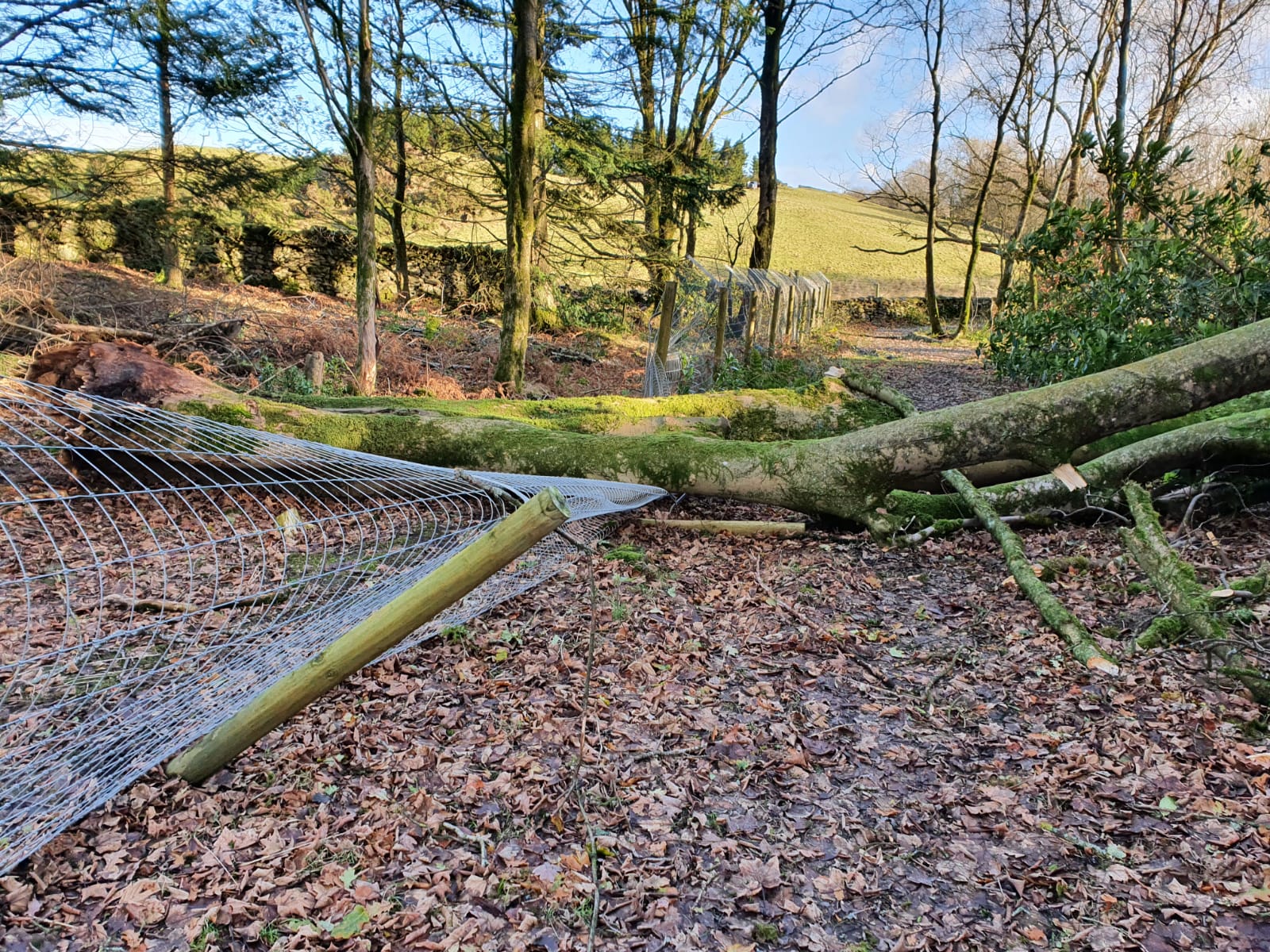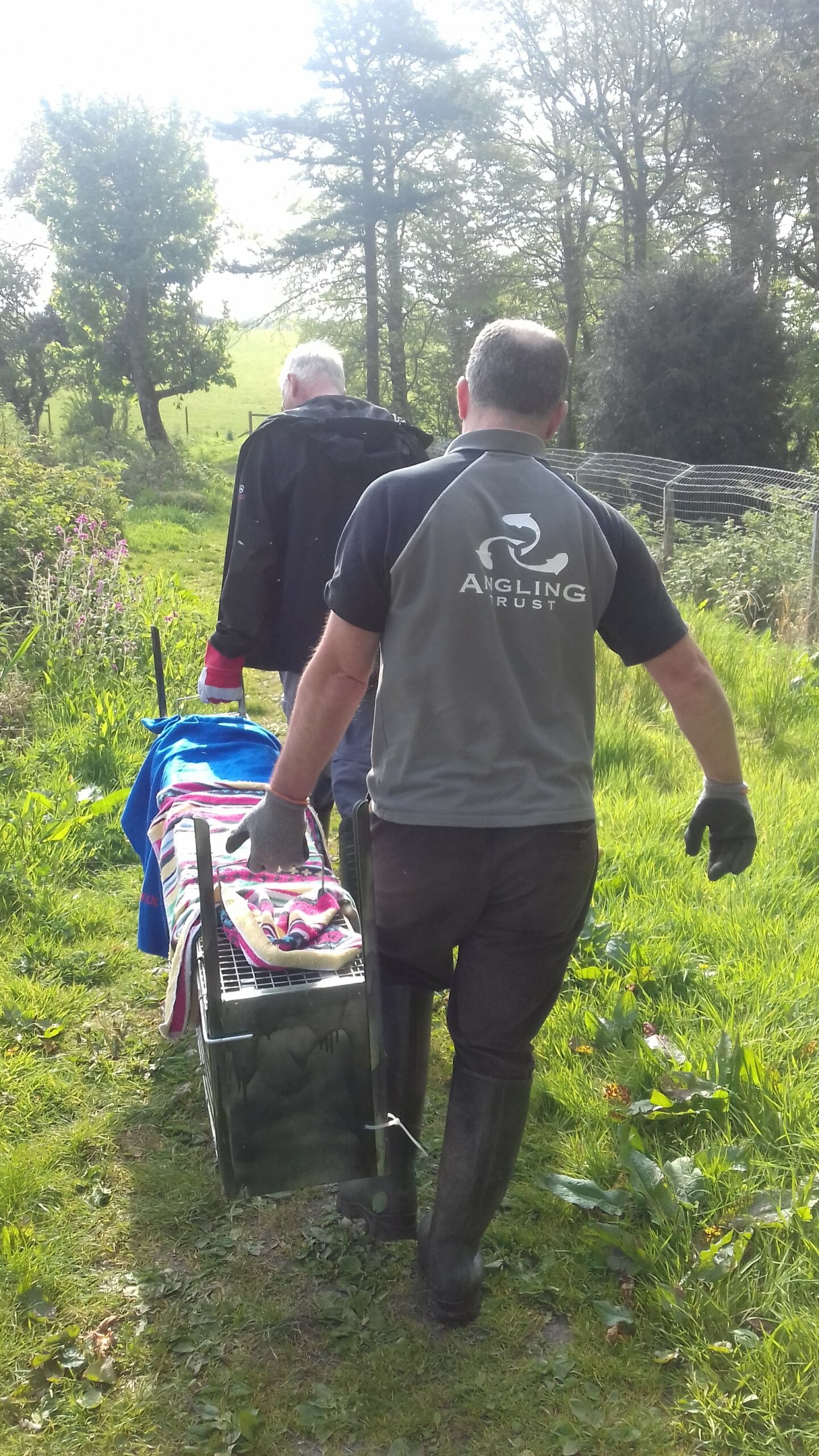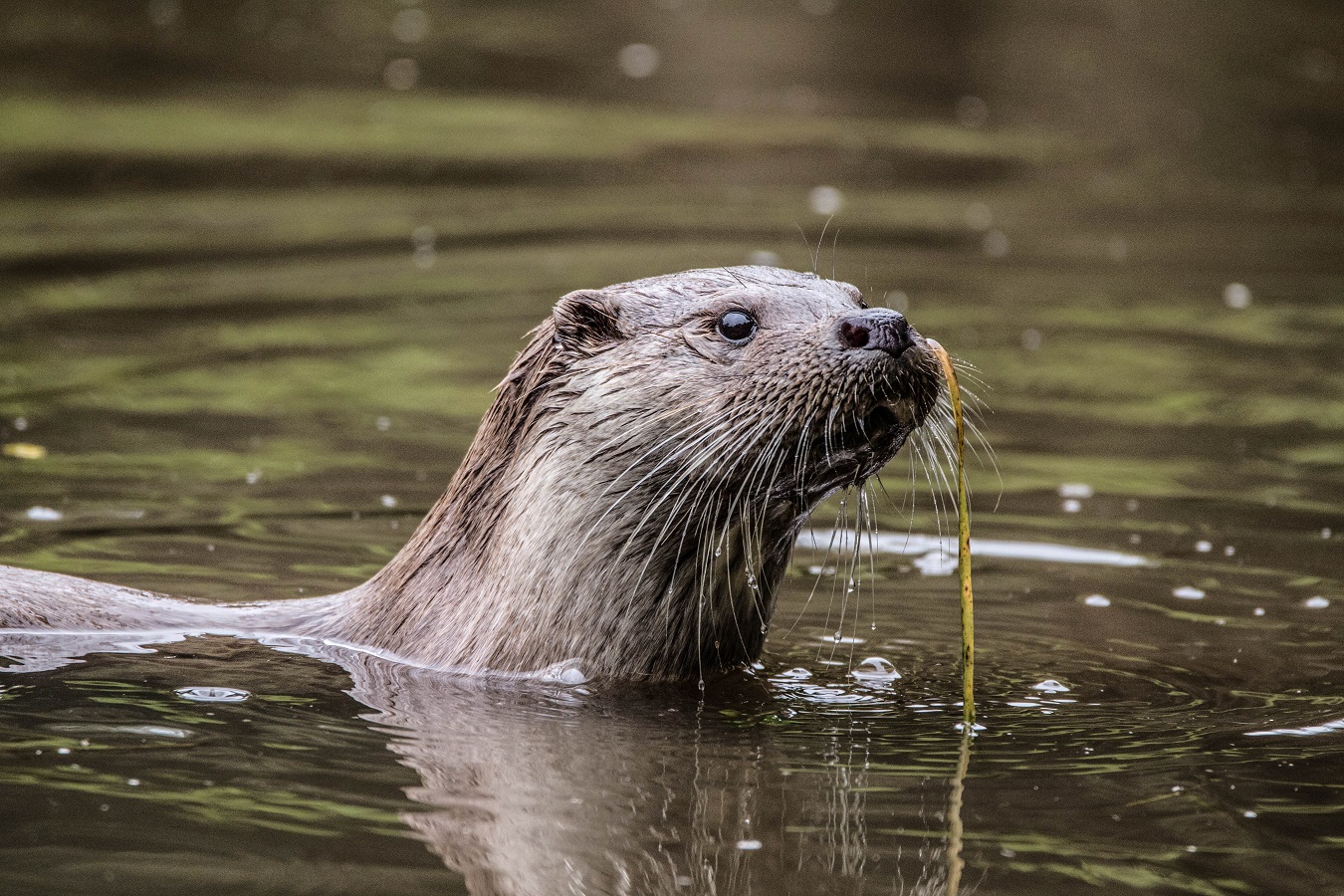Otter Predation
Background
As otter numbers have successfully recovered across most parts of the country they are at times having an impact on some fisheries through predation of stock. In the last few decades while otter numbers were low, still water fisheries stocked with large carp became widespread throughout the country and specimen sized fish became a real prospect in our rivers due to improved water quality, habitat and little predation. Now otters have returned to most areas, they are presented with foraging opportunities that sometimes comes into conflict with angling interests, with numerous examples of expensive or highly prized specimen fish being taken by otters.
Conservation/protected status
European otters and their holts receive full legal protection under both European & British legislation. (Irrespective of the UK vote to leave the European Union in June 2016, the European Otter and their holts are still afforded full legal protection until such time that the legislation could be reviewed and if and where necessary alternative protections could be applied).
Otters are now protected principally under the Conservation of Habitats and Species Regulations (2017), with additional protection under the Wildlife and Countryside Act (1981), as amended by the Countryside and Rights of Way Act 2000.
The combined effect of these is that a person is guilty of an offence if he:
- deliberately captures, injures or kills any wild otter;
- deliberately disturbs wild otters including, in particular, disturbance which is likely to:
- impair their ability to survive, to breed or reproduce, or rear or nurture their young; or
- affect significantly the local distribution or abundance of the species;
- damages or destroys a breeding site or resting place of such an animal.
Or if he intentionally or recklessly:
- disturbs an otter while it is occupying a structure or place which it uses for shelter or protection; or
- obstructs access to such a place.
Funding Opportunities
The Angling Trust is aware of the tremendous pressures which predation can have on fisheries, whether that is cormorants, goosanders or otters.
To assist and help increase the availability of funding for angling, the Angling Trust, in association with the Environment Agency, launched the Angling Improvement Fund, which re-invests income from coarse, trout and eel rod licence sales in England in projects directly benefiting anglers. The Fund is open to all angling clubs and associations, commercial fisheries, charities and local authorities.
More details on how to apply, including key deadlines, standard application forms, and eligibility and judging criteria for each theme are available on the Angling Trust website here.
At the same time, be mindful of other sources of funding which may be available to fisheries from certain charities, local authorities and corporate organisations; e.g. Sport England.
Need support? Contact our Fisheries Management Advisors
For further advice on otter related matters, please contact one of the Angling Trust’s Fisheries Management Advisors:
North West, North East, Yorkshire and Humber, Lincolnshire, East Midlands, West Midlands:
Richard Bamforth: richard.bamforth@anglingtrust.net | 07904 041518
South West, South East, London, South Midlands, East of England:
Jake Davoile: jake.davoile@anglingtrust.net | 07949 703206













